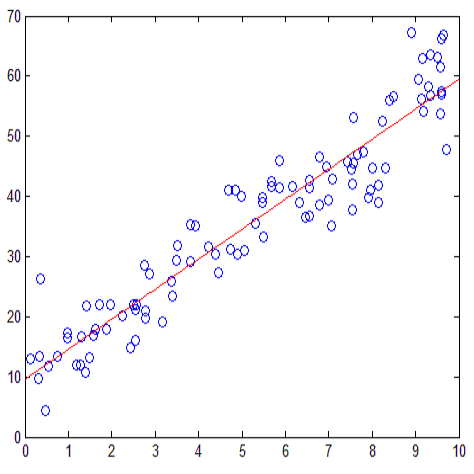When analyzing data researchers make some decisions that are either arbitrary, based on subjective beliefs about the data generating process, or for which equally justifiable alternative choices could have been made. This wide range of data-analytic choices can be abused, and has been one of the underlying causes of the replication crisis in several fields. Recently, the introduction of multiverse analysis provides researchers with a method to evaluate the stability of the results across reasonable choices that could be made when analyzing data. Multiverse analysis is confined to a descriptive role, lacking a proper and comprehensive inferential procedure. Recently, specification curve analysis adds an inferential procedure to multiverse analysis, but this approach is limited to simple cases related to the linear model, and only allows researchers to infer whether at least one specification rejects the null hypothesis, but not which specifications should be selected. In this paper we present a Post-selection Inference approach to Multiverse Analysis (PIMA) which is a flexible and general inferential approach that accounts for all possible models, i.e., the multiverse of reasonable analyses. The approach allows for a wide range of data specifications (i.e. pre-processing) and any generalized linear model; it allows testing the null hypothesis of a given predictor not being associated with the outcome, by merging information from all reasonable models of multiverse analysis, and provides strong control of the family-wise error rate such that it allows researchers to claim that the null-hypothesis can be rejected for each specification that shows a significant effect. The inferential proposal is based on a conditional resampling procedure. To be continued...
翻译:暂无翻译




